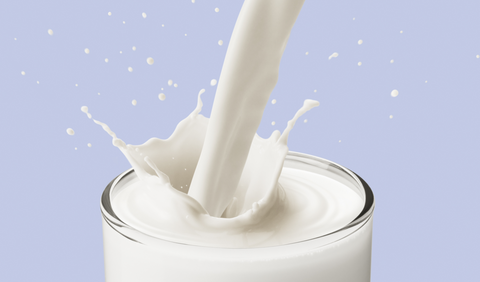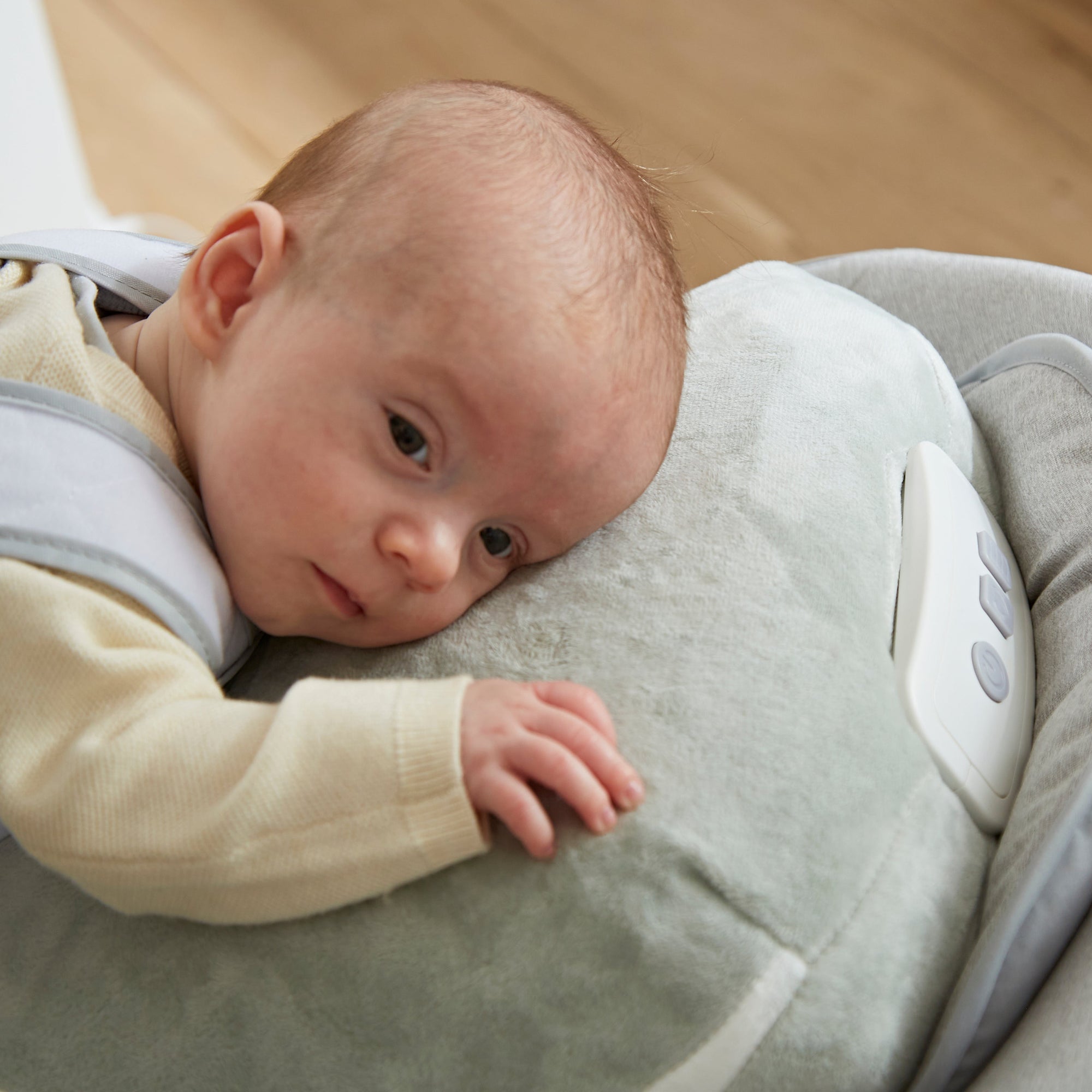Colic in babies is something of a mystery. No one is quite sure of what it is, yet we all know it’s unpleasant. If you’ve got an otherwise healthy baby that suddenly and routinely seems to suffer from intense pain or discomfort without any obvious cause, it could be colic. While it’s not fully understood, we do know that it affects the baby’s stomach. As such, connections have been made between the foods that the mother eats (if breastfeeding) and the presence of colic.
In this blog, we’ll look at some foods which could cause colic and suggest a few tips on how to resolve this.
Foods With Caffeine

Many foods and drinks contain caffeine besides coffee such as tea, soft drinks, chocolate and even some medicines. It’s important to note that a small amount of caffeine usually isn’t enough to cause colic, however.
Spicy Ingredients
It can take some time for the average person to get used to eating spicy foods, but these dishes can wreak havoc on a breastfed baby’s young gastric system and change the taste of your breastmilk!
Dairy Products

Dairy products, especially cow’s milk, have been linked with colic in babies. Signs of lactose intolerance in babies usually begin within a few days of birth and can include symptoms of diarrhoea, bloating, gas and nausea, abdominal pain and cramping, malnutrition/failure to thrive.
Some of the signs of CMPA (cow’s milk protein allergy) include eczema, constipation, lethargy, gas pains and reflux.
If you suspect your baby is suffering from an intolerance or allergy, consult your doctor and insist that they help; trust your instincts and don’t take no for an answer.
Probiotic-rich foods
Probiotic-rich foods like yoghurt, kefir, and sauerkraut can enhance the beneficial bacteria in breast milk, aiding in digestion. Considerate supplementation or integration of these foods into a mother's diet may positively impact her baby's colic. However, consulting with a healthcare professional is paramount, ensuring a tailored approach for both mother and baby. Unveil the gentle power of probiotics as a natural solution in alleviating colic, promoting digestive balance for a happier breastfeeding journey.
Foods that produce gas

Certain ingredients have the potential to cause gas in both babies and adults. It's essential to be mindful of these items, especially if you're breastfeeding and suspect colic in your baby. Here's a breakdown of some noteworthy culprits:
- Cabbage:
- Broccoli:
- Brussels Sprouts:
- Onions:
Cooking these gas-producing foods thoroughly is a practical strategy to mitigate their potential negative effects on your baby's digestive system. By taking these steps, you can enjoy a diverse and nutritious diet whilst being mindful of your baby's well-being. If you're unsure about specific dietary adjustments, consulting with your healthcare professional can provide personalized guidance tailored to your situation.
Hydration is key
Proper hydration is crucial for breastfeeding mothers and their babies. Inadequate fluid intake can impact breast milk production and composition, potentially contributing to colic symptoms in babies. Staying well-hydrated supports the digestion of breast milk, promoting comfort for the baby. Mothers should prioritize drinking ample water and including hydrating foods in their diet and set reminders for regular intake. By emphasizing the importance of hydration, this blog sheds light on a simple yet impactful way to enhance the breastfeeding experience and reduce the risk of colic.
Allergies
Common allergens like cow's milk, nuts and soy could potentially impact breastfed babies. Understanding and avoiding these triggers may alleviate colic discomfort. This blog emphasizes the importance of a cautious approach, encouraging mothers to work with healthcare professionals to create a personalized diet that supports both the nutritional needs of the baby and a reduction in colic symptoms. Embark on a journey of dietary adjustments to foster a more peaceful and comfortable breastfeeding experience.
Stress and colic

The intricate dance between maternal stress and colic in breastfed babies unveils a compelling connection that influences the well-being of both mother and child. Stress, whether from daily challenges or new parenthood, can impact the delicate balance of the breastfeeding relationship, potentially contributing to colic symptoms. Understanding this interplay is crucial for parents seeking to create a nurturing environment. By implementing effective stress management strategies, mothers can not only alleviate their own burdens but also enhance the tranquility of the breastfeeding experience. Recognizing the role of stress becomes a pivotal step in fostering a harmonious atmosphere for the baby's development and the overall well-being of the family.
How to help your baby
If you suspect that your baby has colic, it’s important to try to figure out why. Starting with eliminating obvious drinks and food items from your diet is a good first step. Since the reason for colic is so hard to pin down, this can be a little challenging and will involve some trial and error.
Begin with tracking your intake of and eliminating the most common colic-inducing foods and drinks in your diet, and observe if this makes a difference to your baby’s symptoms. You can then begin introducing items again, one at a time. If the colic makes a comeback, you’ll know which food was the guilty party.
Be aware, however, that one link might not be definitive proof, so continue to play around until you’re sure that you’ve gotten to the bottom of the problem. You’ll get it eventually, or perhaps your baby will grow out of it. In the meantime, your baby will enjoy the many benefits of the babocush comfort cushion, described by many as their ‘miracle product’. It’s soothing vibrations against the belly will help eliminate gas and bloating and get things moving ‘down below’!
For more information on how to deal with infant colic, read our blog post on six tips to prevent colic.
Lots of love,
Kerry xx


